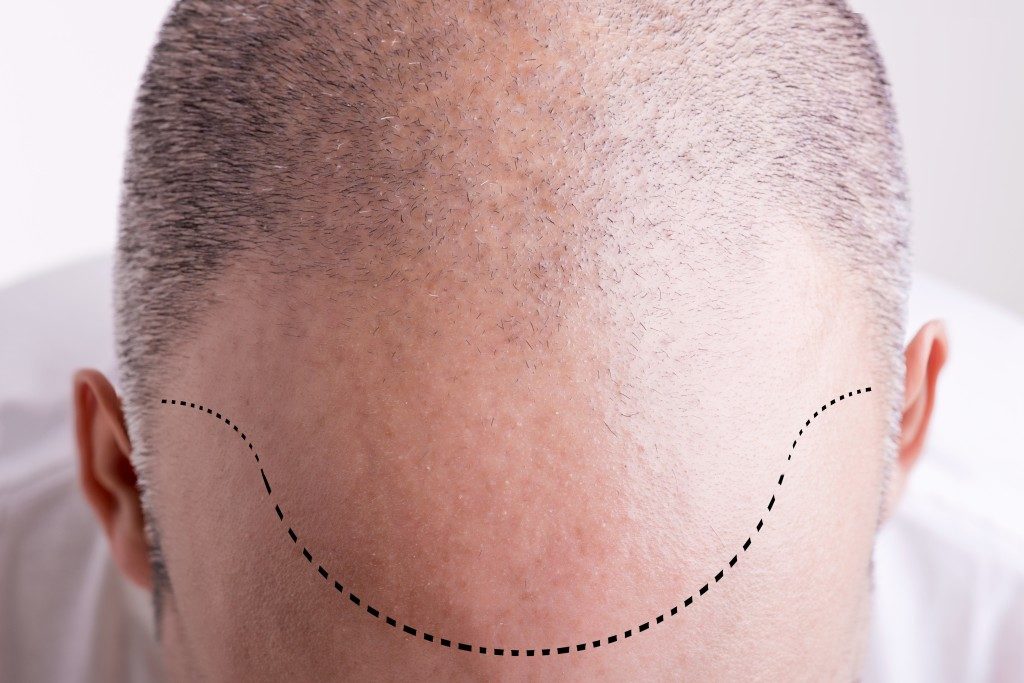Substance abuse is a serious problem that has the potential to wreak havoc on someone’s life. But after getting clean and sober, it’s important to remember to take care of yourself in order to ensure a successful recovery. This blog post will outline six essential steps you can take to get started on your own personal wellness regime.
Step One: Get professional help.
Getting addiction treatment from a professional is essential for anyone recovering from substance abuse. Finding a treatment program that meets your individual needs and building a solid support system is critical.
For example, if you’re looking for a residential addiction treatment program, make sure to research the facility and read reviews from past patients. Finding qualified therapists and counselors who specialize in substance abuse recovery is also essential.
On the other hand, if you’re not ready to commit to a residential treatment program, there are outpatient options available. It’s crucial to find addiction counselors and support groups in your area that will help you stay on track with your recovery.
Step Two: Learn about your triggers and warning signs.
Triggers can cause you to relapse into substance abuse, and everyone’s triggers are different. It could be something as simple as a specific place or person or a particular emotion such as stress or sadness.
Knowing what your triggers are can help you recognize when they arise so you can take the necessary steps to prevent relapse. For instance, if you know that being around certain people is a trigger for you, then it’s essential to avoid those situations or have an exit plan.
It’s also helpful to make a list of warning signs and carry it with you so that if you start to feel like your substance abuse could return, you can take action quickly.
Step Three: Find healthy coping mechanisms.
When people have substance abuse problems, they often turn to substances as a way of dealing with their feelings which only exacerbates the problem. Instead, try finding healthy ways of coping, like journaling, talking with friends or family members, meditating, or exercising.
Moreover, it’s important to find an outlet that you enjoy. This could be anything from painting or playing a musical instrument to kayaking or gardening.
The key is to find something that you can turn to and focus on when your cravings start creeping up. Having an outlet can be crucial in relapse prevention, whether it’s a hobby or a calming activity.

Step Four: Get plenty of restful sleep every night.
Sleep deprivation can make one more prone to substance abuse urges and make it more difficult for them to resist those urges when they do come up. Try going to bed at the same time each night and setting yourself up for success by eliminating distractions such as phones and TVs from your bedroom if necessary.
In addition, if you’re having trouble sleeping, there are some natural remedies that can help, such as drinking chamomile tea or taking a warm bath before bed. If you’re still having difficulty and nothing is working, it may be a good idea to talk to your doctor about getting help.
Either way, ensure you get between 7-9 hours of sleep each night. This is paramount to a successful recovery.
Step Five: Eat a nutritious diet.
A diet full of whole foods like fruits and vegetables instead of processed ones containing preservatives or added sugar can help recovery. Whole foods provide natural energy, so you don’t have to rely on stimulants like caffeine or sugary snacks for an energy boost throughout the day.
For example, try incorporating plenty of lean proteins, healthy fats, and complex carbohydrates into your diet. Eating a balanced diet can help keep cravings at bay while providing the essential nutrients your body needs to stay healthy.
Finally, make sure to drink plenty of water throughout the day. Staying hydrated is an integral part of any wellness regime and even more so when you’re trying to recover from substance abuse.
Step Six: Exercise regularly!
Exercise has been scientifically proven to improve mental health by releasing endorphins, which naturally give people a feeling of euphoria without having to rely on substances for that feeling anymore.
Aim for at least 30 minutes per day at least three days out of the week in order to reap the benefits fully! For instance, you could walk, ride a bike, or do some yoga.
The critical thing to remember is to find an activity that you enjoy and stick with it! Exercise can really help make the recovery process smoother and more successful.
Implementing these steps into your daily routine may seem daunting at first, but it doesn’t have to be an all-or-nothing endeavor—you can start small by introducing one new step at a time until all become part of your regular routine! The key is consistency; keep working hard even if progress feels slow because any progress is progress! A successful recovery is right around the corner with dedication and commitment.







